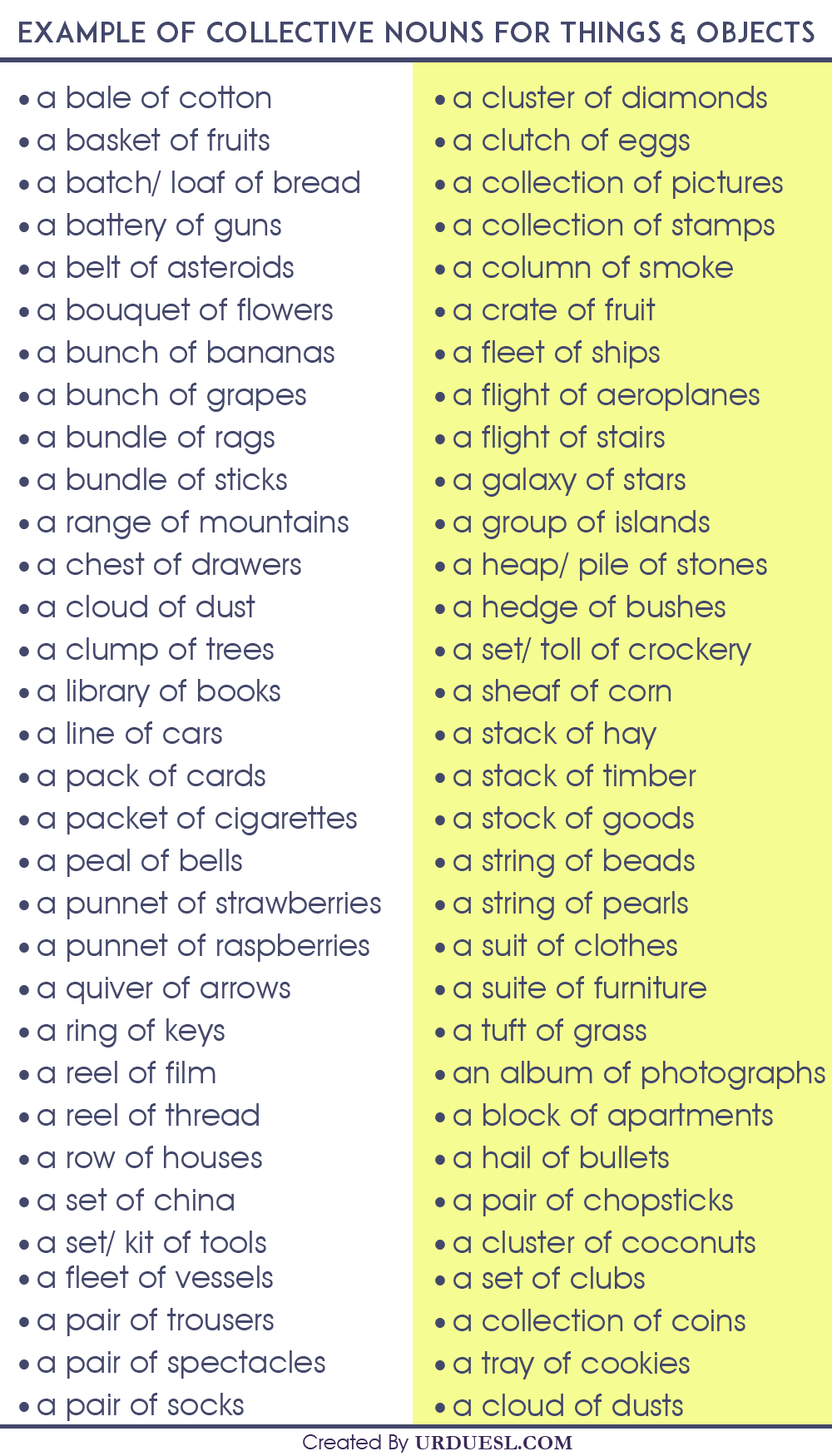
Its earliest uses were for great assemblies of bees on the wing, and indeed swarm of bees is still common. Perhaps swarm is an easier collective noun to get one's hands on. Herd, a word most people associate with deer, horses, or cattle, has been used of porpoises, seals, and birds, and flock, a word we now associate with sheep and birds, has been used of elephants, lions, camels, and pigs. Historically, a herd was any group of animals traveling or eating together, as was a flock, and this jumble continued on into the modern era. But herd and flock are also used of game animals in set phrases-a herd of deer a flock of geese. In this particular use, herd tends to be used of cattle or other bovine animals, and flock tends to be used of sheep and goats. Both herd and flock are used of animals (and usually farm animals) that are domesticated and kept under the care of a person. Fish also come in shoals, which comes from an Old English word that means "multitudes." If it's a group of one type of aquatic mammal-whales, dolphins, porpoises, seals-then they tend to gather in pods.īut once we get out of the sea, the rules for what to generically call groups of creatures get more complicated.

No, not that school: this particular word comes from a Middle Dutch word that refers to a group of animals together. The fish-true fish, at any rate-are the easiest to classify.

But what distinguishes a herd from a flock, or a swarm from a colony? And what do you call a group of fish? Ask someone about collective nouns and they're liable to holler "a murder of crows!" or "an exaltation of larks!" While the dramatic collective nouns are the ones that get the most attention, we use a number of collective terms every day.


 0 kommentar(er)
0 kommentar(er)
